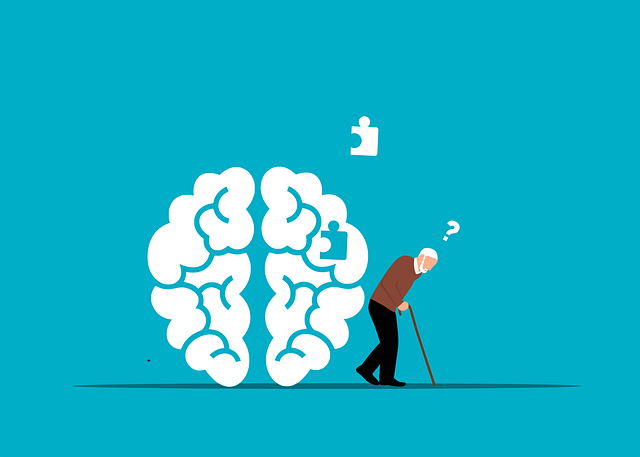10 Early Warning Signs of Dementia You Shouldn’t Ignore
How to spot early indicators that your loved one may have Alzheimer’s or dementia
It’s not unusual to have occasional trouble finding the right word or remembering where you put things. But persistent difficulty with memory, cognition, and ability to perform everyday tasks might be signs of something more serious.
What is dementia?
Dementia is a catch-all term for changes in the brain that cause a loss of functioning that interferes with daily life. It can diminish focus, attention, language skills, problem-solving and visual perception. Dementia can also make it difficult for a person to control his or her emotions and can even lead to personality changes.
More than 6 million Americans are living with Alzheimer’s disease, the most common type of dementia, though many experts say that number is probably higher. And its prevalence is projected to reach nearly 13 million by 2050, according to the latest figures from the Alzheimer’s Association. Globally, more than 55 million people have dementia, the World Health Organization estimates.
If someone is showing signs of dementia, it’s important to see a medical expert who can conduct tests and come up with a diagnosis. Several, often treatable, conditions — from common infections to a vitamin deficiency — can cause dementia-like symptoms, so it’s necessary to rule them out first.
If it is dementia, you’ll want to plan how you will manage care or pursue treatment, especially as the condition progresses.
10 warning signs of dementia
Here are some symptoms to watch for:
1. Difficulty with everyday tasks. Everyone makes mistakes, but people with dementia may find it increasingly difficult to do things like keep track of monthly bills or follow a recipe while cooking, the Alzheimer’s Association says. They may also find it hard to concentrate on tasks, take much longer to do them or have trouble finishing them.
2. Repetition. Asking a question over and over or telling the same story about a recent event multiple times are common indicators of mild or moderate Alzheimer’s, according to the Cleveland Clinic.
3. Communication problems. Observe if a loved one has trouble joining in conversations or following along with them, stops abruptly in the middle of a thought, or struggles to think of words or the name of objects.
4. Getting lost. People with dementia may have difficulty with visual and spatial abilities. That can manifest itself in problems like getting lost while driving, according to the Mayo Clinic.
5. Personality changes. A loved one who begins acting unusually anxious, confused, fearful or suspicious, or who becomes upset easily and seems depressed is cause for concern.
6. Confusion about time and place. If someone forgets where they are or can’t remember how they got there, that’s a red flag. Another worrisome sign is disorientation about time — for example, routinely forgetting what day of the week it is, says Jason Karlawish, M.D., a neurologist and professor of medicine at the University of Pennsylvania Perelman School of Medicine and codirector of the Penn Memory Center.
7. Misplacing things. Someone with dementia may put things in unusual places and may have difficulty retracing their steps to find misplaced items, the Alzheimer’s Association notes.
8. Troubling behavior. If your family member seems to have increasingly poor judgment when handling money or neglects grooming and cleanliness, pay attention.
9. Loss of interest, or apathy. Not feeling especially social from time to time is one thing, but a sudden and routine loss of interest in family, friends, work and social events is a warning sign of dementia.
10. Forgetting old memories. Memory loss that becomes more persistent is often one of the first signs of dementia.
Where to find help
When your loved one is displaying troubling symptoms, a trip to a primary care physician is often the first step. But to get a definitive diagnosis, you’ll need to see a specialist such as a neurologist, geriatrician or geriatric psychiatrist.
Contact Choice Connections for help finding support.
Written by Patrick J. Kiger, AARP
Image by Mohamed Hassan from Pixabay

